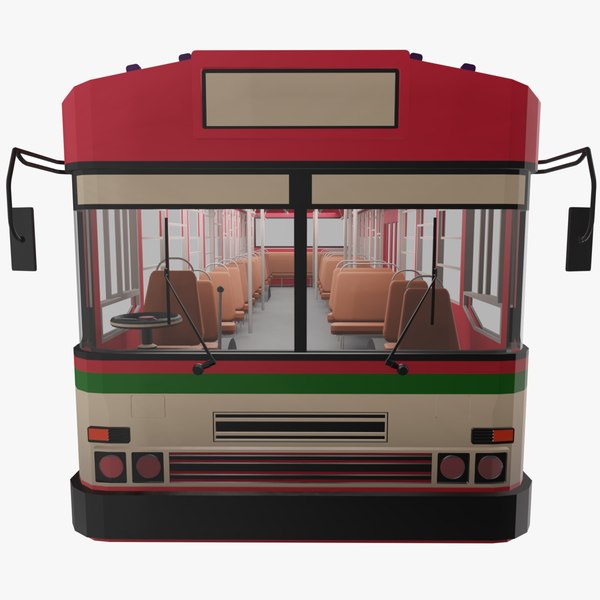공지사항
| How To Make Your Rehab Thailand Look Amazing In Five Days | Madison | 23-12-10 22:07 |
 Introduction: Introduction:Alcohol withdrawal is a condition that takes place when individuals suddenly stop or somewhat lower their particular alcoholic beverages intake after prolonged periods of heavy drinking. It is a complex and possibly deadly condition that affects thousands of people globally. This report aims to provide a thorough overview of liquor detachment, including its symptoms, treatments, and management methods.  Symptoms of Alcohol Withdrawal: Symptoms of Alcohol Withdrawal:The beginning and severity of alcohol withdrawal symptoms differ among individuals, dependent on elements for instance the quantity and length of alcohol consumption and your overall health. Common observable symptoms include tremors, anxiety, irritability, nausea, vomiting, sleeplessness, increased heart rate, and sweating. In serious cases, individuals may experience hallucinations, seizures, or delirium tremens (DTs), a potentially deadly problem described as agitation, confusion, hallucinations, and fluctuating quantities of consciousness. Treatment Plans: Whenever dealing with alcoholic beverages withdrawal, it is vital to find medical guidance and help. The principal aim of treatment is to safely manage withdrawal symptoms, prevent complications, and facilitate the change to sobriety. Medical professionals can measure the extent of signs and determine the correct standard of attention. In moderate cases, outpatient treatment could be administered, while more severe cases might need hospitalization. Medicines commonly used in liquor detachment treatment include benzodiazepines, that assist decrease anxiety, relieve symptoms, and steer clear of seizures. Various other medicines such as antipsychotics, anticonvulsants, and beta-blockers may be useful to manage certain symptoms or co-occurring problems. Additionally, nutritional vitamin supplements, particularly thiamine (vitamin B1), are often prescribed to prevent or treat potential inadequacies related to extortionate drinking. Management Tips: In addition to health treatments, various techniques can be employed to manage alcohol detachment effectively. 1. Supportive Care: Offering a supporting environment promotes a sense of security and convenience. Including making sure correct diet, moisture, and remainder, as well as monitoring important indications and dealing with any health problems which will happen during withdrawal. 2. Psychotherapy: Pursuing mental health support, including guidance or psychotherapy, can play a crucial role in dealing with main emotional or psychological problems that play a role in liquor dependency. These interventions help individuals develop dealing methods, control causes, and establish healthier alternatives to alcoholic beverages. 3. Rehabilitation Programs: Engaging in rehabilitation programs, such as for instance inpatient or outpatient treatment centers, Jintara Rehab provides a structured and supportive environment for folks searching for lasting data recovery. These programs frequently incorporate health interventions, counseling, and peer help to deal with the actual, mental, and personal areas of alcohol addiction. 4. Follow-up Care: After completing initial cleansing and treatment, people should consistently seek ongoing attention. This might include playing organizations, going to regular treatment sessions, and getting follow-up evaluations assuring appropriate real and psychological state. Summary: Alcohol detachment is a challenging problem that needs medical help and comprehensive assistance. Knowing the signs, treatments, and management methods can greatly aid in helping individuals properly navigate the detachment process and attain lasting recovery. By providing appropriate care and resources, we could enhance the outcomes for anyone trying to get over liquor addiction.  |
||
| 이전글 5 Rookie Thailand Alcohol Rehab Mistakes You can Fix At the moment |
||
| 다음글 What The Dalai Lama Can Teach You About Poker Online |
||
댓글목록
등록된 댓글이 없습니다.







